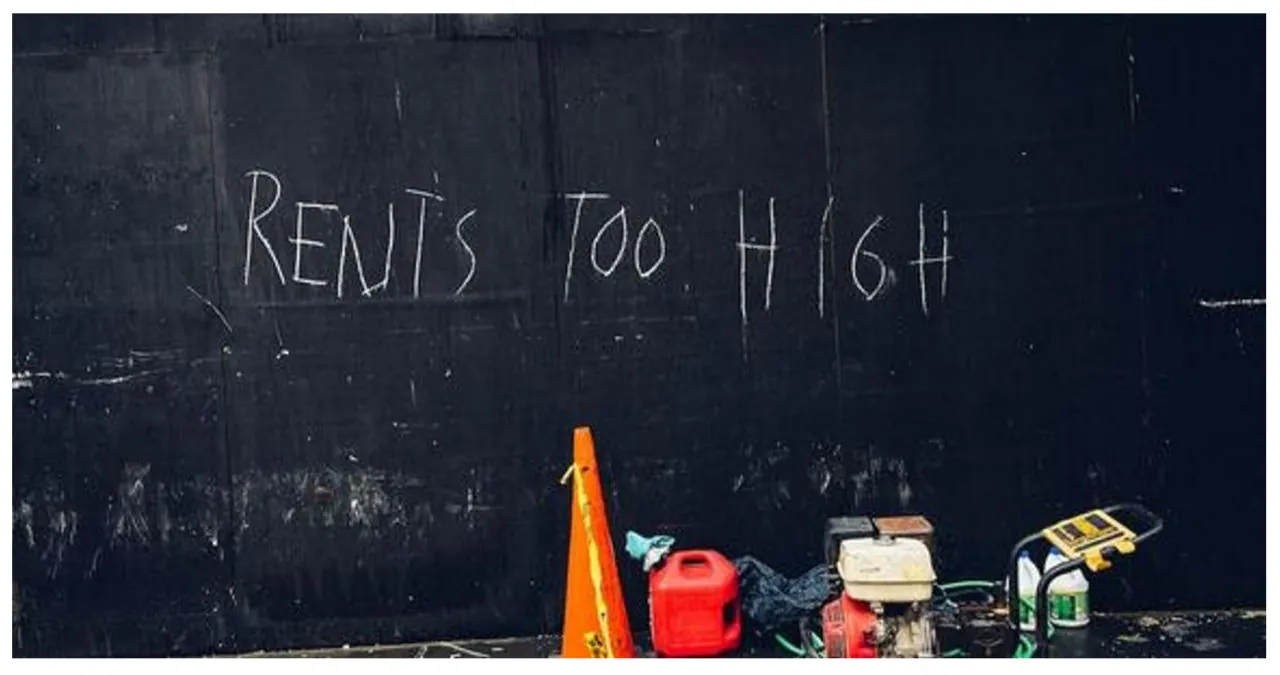What Tenants Should Know About Georgia Rent Increase Laws
In recent years, rental prices in Georgia have seen a remarkable increase. According to the data, the average rent in Georgia has skyrocketed to $1,542, reflecting a substantial 38.35% surge from the previous year’s figure of $1,114.
The increase in rent is not limited to a specific area; it is a trend seen across the entire country. In fact, the average rent climbed to $2,018 in March, marking a 26.47% surge from the previous year. To comfortably afford these rental prices, a tenant would require an annual income of around $80,720, assuming the standard affordability ratio of 30%.
It is interesting to note that the average American renter, who is typically in their late 30s and has a college education, actually earns less than the amount required to afford rent, with an average annual income of around $67,500. This mismatch between income and rental costs is prompting many individuals to reassess their housing choices, particularly given the rise in home values and interest rates.
Georgia’s Stance on Rent Control
Georgia has a unique approach to rent control compared to other states. In Georgia, there are no laws that restrict landlords from charging any amount for rent. Additionally, the state prohibits local governments from implementing their own rent control policies. As a result, landlords in Georgia have significant flexibility in determining rental prices.
How Much Can Rent Be Raised?
In Georgia, landlords have the freedom to increase the rent by any amount they see fit. There is no legal limit or cap on rent increases in the state. While this gives landlords flexibility, it can create a challenging situation for tenants, particularly those with limited income.
When Can Landlords Raise Rent?
In Georgia, landlords have the ability to raise rent for any reason, as long as they meet specific conditions. These conditions include giving proper notice and not increasing rent during the fixed term of a lease unless the lease permits it. It is also important to note that rent increases must not be discriminatory or retaliatory in nature.
Prohibited Reasons for Rent Increase
The Federal Fair Housing Act provides clear guidelines regarding the reasons for which landlords cannot raise rents. These reasons include race, color, gender, religion, nationality or origin, familial status, and disability. In Georgia, these protections are further expanded to include safeguards against rent increases as a form of retaliation. For instance, landlords are prohibited from raising rents in response to tenants filing health or safety complaints, exercising their legal rights, joining tenant unions, or requesting necessary repairs.
Notice Requirements for Rent Increases
In Georgia, landlords are required to give tenants a 60-day notice for rent increases in cases where there is no written lease or when the lease term has expired. Additionally, rent cannot be raised during the lease term unless the lease agreement explicitly permits it.
Frequency of Rent Increases
Landlords in Georgia have the freedom to increase rent as frequently as they wish, without any restrictions. However, it is essential for them to provide sufficient notice to their tenants each time they decide to raise the rent.
Read More:
- Marjorie Taylor Greene’s attempt at a New Year’s Resolution Post Backfires
- Jenna Ellis Faces Criticism in X Comments After Controversial Post about Tucker Carlson







